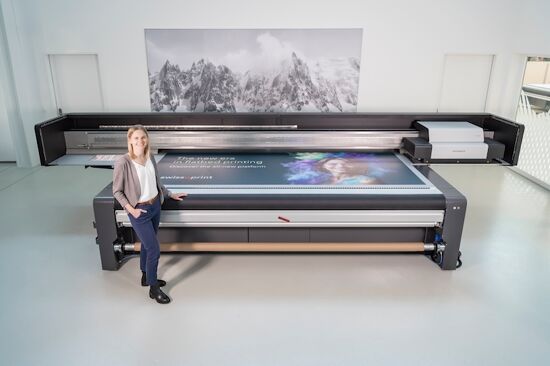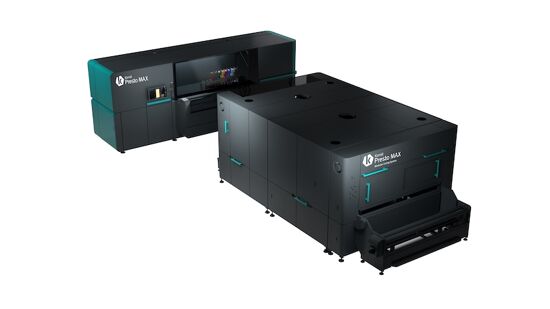FESPA Coffee Break - Looking ahead and building a more sustainable business
How a sustainability audit of your business will reveal opportunities to save energy, balance your Carbon, and attract new customers!
In this Coffee Break, Graeme Richardson-Locke FESPA’s Technical Support Manager is joined by Clare Taylor of Clare Taylor Consulting and Chris Green, Director Visual Communications Antalis. With the focus on environmental sustainability, the key essentials that through strong leadership, lead to reduced cost by managing business processes more efficiently will be examined. Topics that are covered include the importance of sustainability, the internal process of auditing print businesses, areas that are most relevant to businesses who print with screen and digital printing and the initiatives available to help print businesses with carbon balancing. It isn’t too hard to reduce scrap by planning production effectively and with Antalis’ Carbon balancing schemes there are practical measures that reduce emissions and allow you to demonstrate to your customers that you are committed to carbon reduction which is increasingly influencing buyers in large brands.
Topics
Interested in joining our community?
Enquire today about joining your local FESPA Association or FESPA Direct
Recent news

The importance of ink for large format printers
Ink is crucial for large format inkjet printers, influencing substrate compatibility, productivity, and cost. Nessan Cleary discusses the three main types which include UV-curable ink, latex ink and eco-solvent ink. Each ink type has specific strengths and weaknesses, making printers choice dependent on budget and intended applications.

What are the benefits of Direct-To-Fabric printing?
Direct-to-fabric printing is gaining popularity for high-volume textile production, enabling on-demand, customized short runs. These printers offer ink flexibility, accommodating various fabric types like cotton and silk, though ink development focuses on faster turnaround by reducing pre- and post-processing. Compared to traditional methods, direct-to-fabric inkjet printing is a more sustainable option due to reduced water and chemical usage, and localized production.

What are the opportunities for large format providers regarding digital touch screens?
Digital touchscreens are becoming increasingly common, offering businesses opportunities to improve customer engagement and streamline operations. Nessan Cleary shares, while more expensive to implement than standard digital displays due to complex software and integration needs, touchscreens provide self-service options, multilingual support, and can reduce staffing costs in various settings like retail, transportation, and healthcare.
